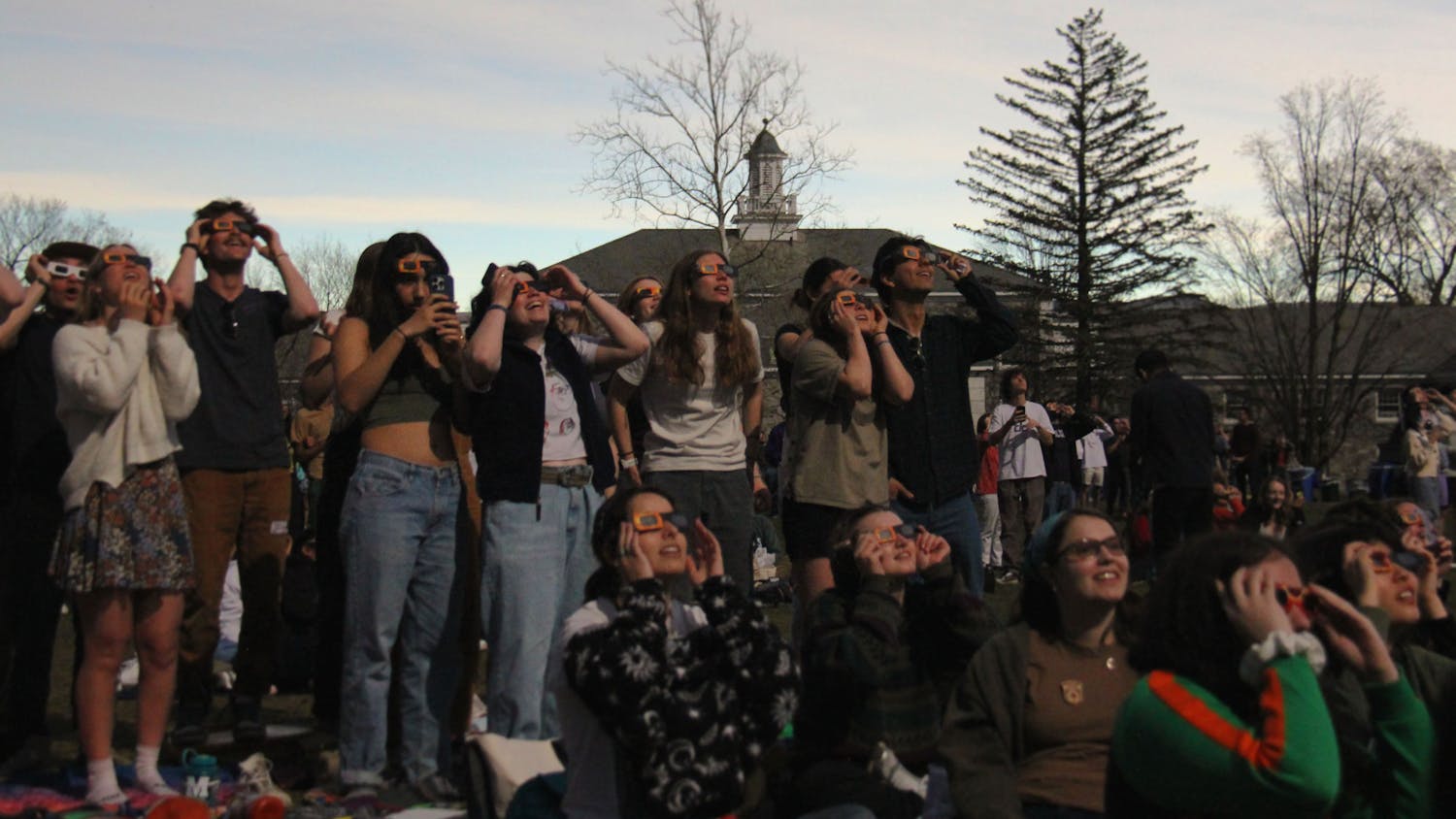On Feb. 10 Public Safety announced an increase in parking ticket fines from $10 to $50, a change that has been applied to weekday and night winter ban and faculty and staff lot parking violations.
To decrease the number of tows required and increase compliance with the parking regulations, the fines were raised to magnify the “deterrence factor” of receiving a ticket, said Associate Dean of the College and Director of Public Safety Elizabeth Burchard.
“This change is necessary to reduce the gap between the previous ticket fines and the cost of a tow for the same violations,” wrote Burchard in an email to the student body. “Parking enforcement continues to be necessary, and consistency and equity are an important part of this process.”
Burchard said that Public Safety has received a number of complaints that the discrepancy between a $10 parking violation fine and the $125 charge for the first tow is too great.
Public Safety often tows cars that are parked overnight in winter ban and faculty/staff spaces in order to free up the spaces for snow removal and use in the morning, although they are “trying to continue to reduce the need to tow,” said Burchard.
Burchard acknowledged a “grace period” for those using college facilities such as The Grille or the library after midnight, but cautioned against pushing this limit.
“At a certain point we do realize that the night is over and now faculty and staff are going to start arriving in the morning,” said Burchard.
Burchard pointed out that Public Safety contracts to a tow service. Public Safety will occasionally waive the high tow fee for students who appeal the charge, and in these cases, the cost of the tow is absorbed by the College.
“That doesn’t really seem right,” said Burchard.
Dan Vatnick ’15 said the new fines are too high and that the current system of charging tickets to students’ accounts is ineffective as a deterrent.
Vatnick suggests that Public Safety fine the students directly instead of billing their parents, or preventing students from registering for classes until all fines are paid.
“Then, kids would have to actually deal with the consequences of a ticket instead of just letting their parents pay for it,” he said.
Burchard added that the number of tickets and tows has decreased significantly since she began working at Public Safety in 2001. She noted that while 5,773 tickets were issued in the 2001-2002 academic year, that number is now down to 3,549 tickets last school year.
A common complaint from students is that faculty and staff lots take the most convenient locations.
“A parking spot in Kenyon doesn’t count for real parking because it provides no utilitarian purposes,” said McKay Sheftall ’14.
Faculty and staff are given priority for the spots most proximate to classrooms and buildings.
“[Students spots are] more at the peripheral of the campus,” said Burchard, “so students are usually putting their cars [in these spots] and leaving them there. Unfortunately students don’t always like where the available spaces are located.”
In addition, students often note that the ratio of student spaces to faculty and staff spaces does not seem to reflect the population and the need for spaces.
“The faculty and staff lots are never full,” said Hannah Dietrich ’14.5.
Burchard described the system of parking regulations as a “strategic process” because there is a limit to the number of spaces and “we need to control how they are used.”
An idea that has been brought up among those responsible for parking regulations is to find a way to better associate parking spaces with housing assignments, said Burchard.
In order to make parking available for every permit holder, Public Safety must take into account external factors such as the current construction that has closed much of the Kenyon lot, said Burchard. The first-year spots that were once in that lot have now been moved to the lot behind the Kevin P. Mahaney ’84 Center for the Arts, with a number of news spaces added to the Ridgeline lot.
Most students have little to no experience with parking violations, but Burchard said that a small group of students have trouble with adhering to the regulations for a number of reasons.
Burchard emphasized that Public Safety is open to feedback.
“We are looking at the fact that there have been changes to parking … We are trying to figure out if we did it right,” said Burchard.
Written by JEREMY KALLAN '14
Parking Fines Increase to $50
Comments



